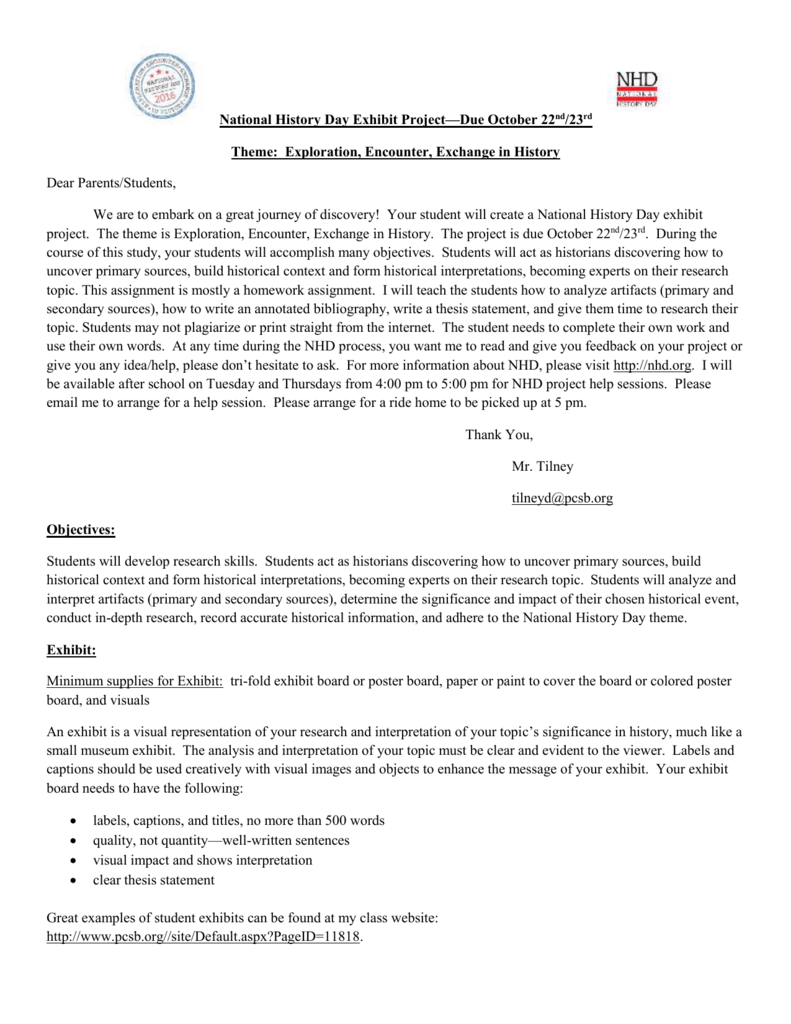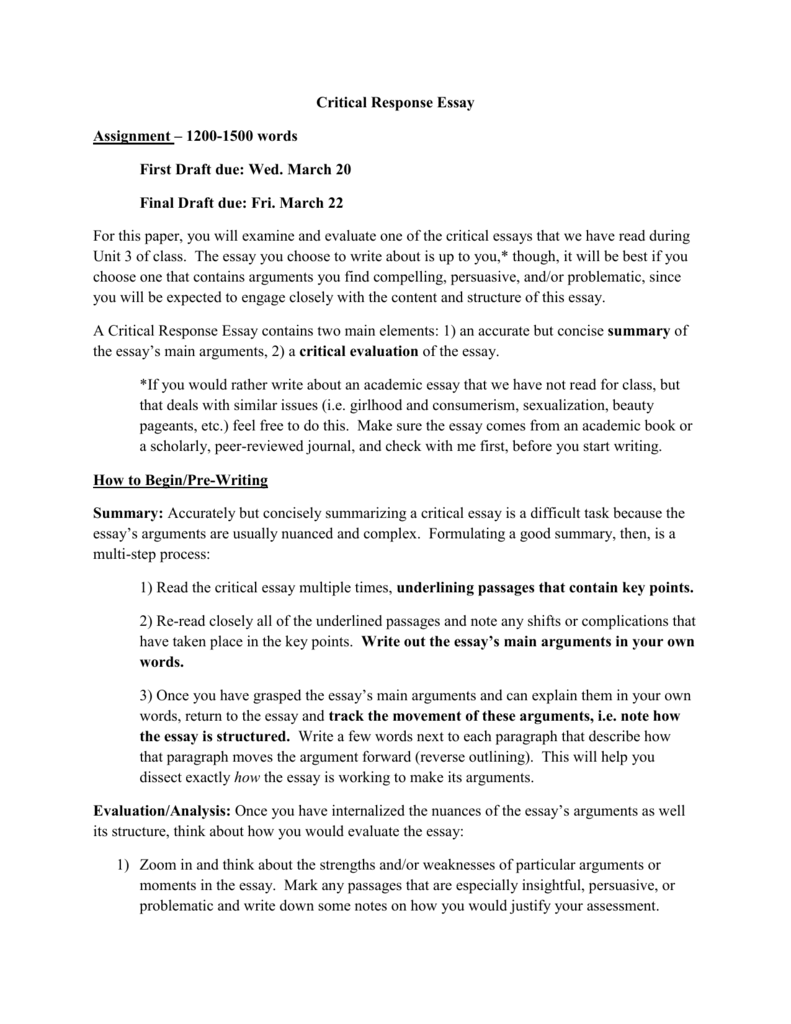
do historical research. Collecting historical data is only one part of historiography. Historical research finds its use in various areas. Historical Research Objective The objective of historical research is to ascertain and describe history of any area of human activity, subject or Examples of Research using Historical Research Method The examples of research using the various approaches of historical methods are (i) the work of Gallegos () on the links between literacy and society in early New Mexico that employed both qualitative and quantitative approaches; (ii) the history of the Canadian ‘Dick and Jane’ experience by Luke () used the content analysis approach; and 18/3/ · For example, a paper with the title, "African Politics" is so non-specific the title could be the title of a book and so ambiguous that it could refer to anything associated with politics in Africa. A good title should provide information about the focus and/or scope of your research blogger.com: Robert V. Labaree
(PDF) HISTORICAL RESEARCH: A QUALITATIVE RESEARCH METHOD | Jovita Junilla - blogger.com
The title summarizes the main idea or ideas of your study. The title is the part of a paper that is read the most, and it is usually read first. It is, therefore, the most important element that defines the research study. With this in mind, avoid the following when creating a title:.
Hartley James. Jon F. Nussbaum, editor. The following parameters can be used to help you formulate a suitable research paper title:, example of historical research title. Create a Working Title Typically, the final title you submit to your professor is created after the example of historical research title is complete so that the title accurately captures what has been done. The working title should be developed early in the research process because it example of historical research title help anchor the focus of the study in much the same way the research problem does, example of historical research title.
Referring back to the working title can help you reorient yourself back to the main purpose of the study if you find yourself drifting off on a tangent while writing. The Final Title Effective titles in academic research papers have several characteristics that reflect general principles. The Subtitle Subtitles are frequently used in social science research papers.
Examples of why you may include a subtitle:. Explains or provides additional contexte. Adds substance to a literary, provocative, or imaginative title or quotee. and Keesha M. Social Science Quarterly 91 March : ]. Qualifies the geographic scope of the researche. Geopolitics 14 August : ]. Qualifies the temporal scope of the researchexample of historical research title, e. Focuses on investigating the ideas, theories, or work of a particular individuale.
Sociologia del Diritto 28 January : 75 - 98]. Identifies the methodology usede. Example of historical research title Forces 52 March : ]. Defines the overarching technique for analyzing the research probleme. Political Studies 63 August : Anstey, A, example of historical research title. How to Compose a Title for Your Research Paper. Augmented Trader blog. School of Interactive Computing, Georgia Tech University; Choosing the Proper Research Paper Titles.
com, ; Eva, Kevin W. George M. Hall, editor. Oxford: John Wiley and Sons,pp. The Writing Lab and The OWL. Purdue University; Kerkut G. Helen Sword, editor. Cambridge, MA: Harvard University Press,pp. USC Libraries Research Guides Organizing Your Social Sciences Research Paper Choosing a Title. Search this Guide Search. Organizing Your Social Sciences Research Paper Offers detailed guidance on how to develop, organize, and write a college-level research paper in the social and behavioral sciences.
Purpose of Guide Types of Research Designs Design Flaws to Avoid Independent and Dependent Variables Glossary of Research Terms 1. Choosing a Research Problem Reading Research Effectively Narrowing a Topic Idea Broadening a Topic Idea Extending the Timeliness of a Topic Idea 2. Preparing to Write Academic Writing Style Choosing a Title Making an Outline Paragraph Development 3. The Abstract Executive Example of historical research title 4. The Introduction The C. The Literature Review Citation Tracking Content Alert Services Evaluating Sources Primary Sources Secondary Sources Tiertiary Sources What Is Scholarly vs.
The Methodology Qualitative Methods Quantitative Methods 7. The Results Using Non-Textual Elements 8. The Discussion Limitations of the Study 9. The Conclusion Appendices Proofreading Your Paper Common Grammar Mistakes Writing Concisely Citing Sources Avoiding Plagiarism Footnotes or Endnotes? Further Readings Annotated Bibliography Giving an Oral Presentation Group Presentations Dealing with Nervousness Using Visual Aids Grading Someone Else's Paper How to Manage Group Projects Types of Structured Group Activities Group Project Survival Skills Writing a Book Review Multiple Book Review Essay Reviewing Collected Works Writing a Case Study Writing a Field Report About Informed Consent Writing Field Notes Writing a Policy Memo Writing a Research Proposal Acknowledgments Bibliography.
Definition The title summarizes the main idea or ideas of your study. Importance of Choosing a Good Title The title is the part of a paper that is read the most, and it is usually read first. With this in mind, avoid the following when creating a title: If the title is too long, this usually indicates there are too many unnecessary words.
Avoid language, such as, "A Study to Investigate the On the other hand, a title which is too short often uses words which are too broad and, thus, does not tell the reader what is being studied. For example, a paper with the title, "African Politics" is so non-specific the title could be the title of a book and so ambiguous that it could refer to anything associated with politics in Africa.
In academic writing, catchy phrases or non-specific language may be used, but only if it's within the context of the study [e. However, in most cases, you should avoid including words or phrases that do not help the reader understand the purpose of your paper. Academic writing is a serious and deliberate endeavor. Avoid using humorous or clever journalistic styles of phrasing when creating the title to your paper. Journalistic headlines often use emotional adjectives [e.
These approaches are viewed as counter-productive in academic writing. A reader does not need clever or humorous titles to catch their attention because the act of reading is assumed to be deliberate based on a desire to learn and improve understanding of the research problem. In addition, a humorous title can merely detract from the seriousness and authority of your research.
Unlike example of historical research title else in a college-level social sciences research paper [except when using direct quotes in the text], titles do not have to adhere to rigid grammatical or stylistic standards.
For example, it could be appropriate to begin a title with a coordinating conjunction [i, example of historical research title. Indicate accurately the subject and scope of the study, Rarely use abbreviations or acronyms unless they are commonly known, example of historical research title, Use words that create a positive impression and stimulate reader interest, Use current nomenclature from the field of study, Identify key variables, both dependent and independent, Reveal how the paper will be organized, Suggest a relationship between variables which supports the major hypothesis, Is limited to 5 to 15 substantive words, Does not include redundant phrasing, example of historical research title, such as, "A Study of," "An Analysis of" or similar constructions, Takes the form of a question or declarative statement, If you use a quote as part of the title, the source of the quote is cited [usually using an asterisk and footnote], Use correct grammar and capitalization with all first words and last words capitalized, including the first word of a subtitle.
All nouns, pronouns, verbs, adjectives, and adverbs that appear between the first and last words of the title are also capitalized, and Rarely uses an exclamation mark at the end of the title.
Examples of why you may include a subtitle: 1. Social Science Quarterly 91 March : ] 3. Geopolitics 14 August : ] 4. Sociologia del Diritto 28 January : 75 - 98] 6. Social Forces 52 March : ] 7.
Historical Research Methods
, time: 23:20
Examples of Research using Historical Research Method The examples of research using the various approaches of historical methods are (i) the work of Gallegos () on the links between literacy and society in early New Mexico that employed both qualitative and quantitative approaches; (ii) the history of the Canadian ‘Dick and Jane’ experience by Luke () used the content analysis approach; and Historical research, as you may have known, basically means expanding the understanding of the past through studying pieces of evidence. If you are planning to conduct this type of research, you will need proofs to support your work. These proofs may include writings, recorded videos, and audios, journals, artifacts, etc. We have collected a list of templates and examples that you can use for 18/3/ · For example, a paper with the title, "African Politics" is so non-specific the title could be the title of a book and so ambiguous that it could refer to anything associated with politics in Africa. A good title should provide information about the focus and/or scope of your research blogger.com: Robert V. Labaree

No comments:
Post a Comment